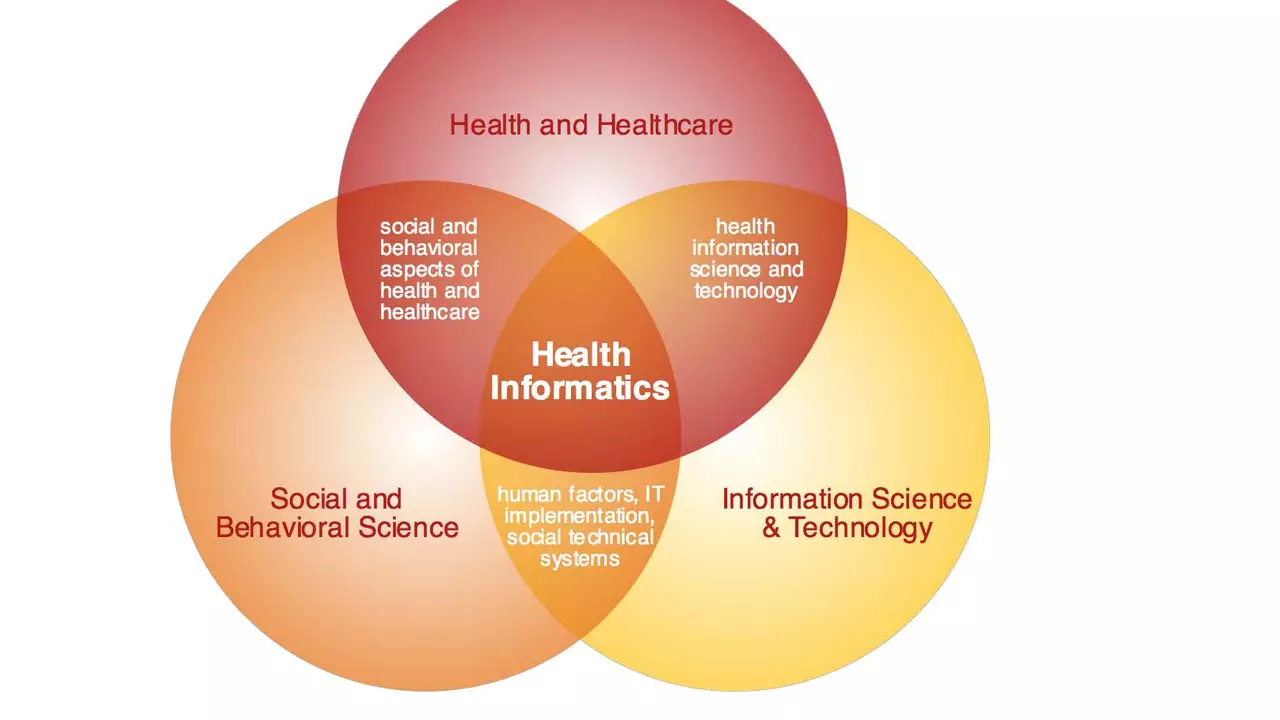Definitions: Healthcare, Insurance & Legal Terms You Need
Seeing words like "public healthcare," "Medicaid," or "cultural competence" and not being sure what they mean? You're not alone. Below are short, useful definitions of terms that show up a lot on this site. No jargon, just clear explanations and quick tips you can use right away.
Core healthcare terms
Healthcare system — The network of hospitals, clinics, doctors, insurers, and government programs that deliver medical care. It covers how people get services, who pays, and what kinds of care are available. When people ask why a system is expensive or slow, they’re talking about how those pieces fit (or don’t fit) together.
Public healthcare — Care funded and run by the government so everyone can get basic services. Public systems aim for broad access, but they can face funding or wait-time problems. If you’re comparing options, ask: who pays, what’s covered, and how easy is access?
Private healthcare — Services paid for by individuals, employers, or private insurers. It can mean faster access and more choices, but costs can be higher and coverage can vary a lot between plans.
Cultural competence — The ability of healthcare providers to understand and respect different cultural backgrounds. It’s about clear communication, avoiding bias, and giving care that fits a patient’s values. Good cultural competence improves trust and outcomes.
Ethical-based healthcare — Medical care guided by clear moral rules: respect for patients, doing good, avoiding harm, and fairness. It shows up in consent, patient rights, and how decisions are made when resources are limited.
Insurance and legal basics
Health insurance — A contract that helps pay medical bills. Plans differ by premiums (monthly cost), deductibles (what you pay first), and networks (which doctors you can see). If you want low monthly cost, expect higher out-of-pocket charges when care is needed.
Medicaid vs Medicare — Two common U.S. programs you’ll hear about. Medicaid helps people with low income; eligibility depends on your state and income. Medicare covers most people 65+ or with certain disabilities. If you’re looking for options, check eligibility rules and what each program covers.
Low-cost insurance tips — Check government programs first. Compare marketplace plans by total yearly cost, not just the monthly premium. Look at networks and prescription coverage. If employer coverage is available, run the numbers—sometimes employer plans are cheaper overall.
Trademark basics — A trademark protects a brand name, logo, or slogan. If a mark expires, it may be free to use, but confirm no one else claims it now. Registering a new trademark gives you stronger legal protection. If you’re unsure, a short consult with a trademark attorney can save headaches later.
Want a quick next step? Pick one term you read daily and use the tip tied to it. For insurance, compare total annual cost. For public vs private care, check local access and wait times. Small actions make these terms practical, not just words on a page.
What is a healthcare system?
Posted by Finnegan Beckett On 28 Jul, 2023 Comments (0)

So, what's the deal with the healthcare system? It's like a giant jigsaw puzzle, but all the pieces are doctors, hospitals, insurance companies, and of course, us, the patients. We're all connected in this crazy, intricate web of health and care. It's kind of like a big party where everyone's invited but no one really knows the host. But hey, don't fret! It's all for a good cause - keeping us healthy and hearty. That's healthcare system for ya!




